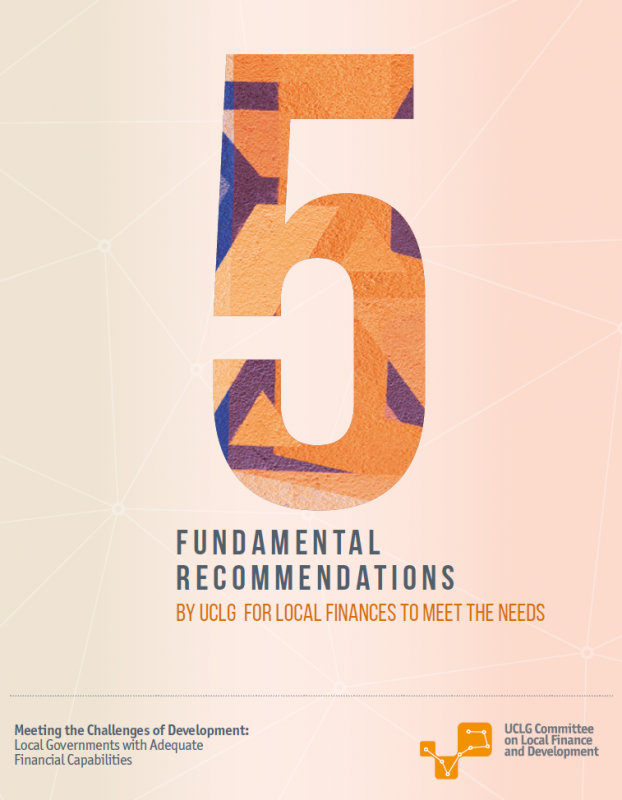5 Key recommendations on local finances

The adoption of a new urban agenda at the Habitat III summit in Quito followed a long series of international negotiations. During this an overall consensus was reached on the economic, social, and environmental challenges that we face, as well as the development goals the international community wishes to achieve by 2030. The effective implementation of public policies that allows for the addressing of these issues implies a considerable financial effort. Different studies carried out showed a need to double, or even triple, the average amounts budgeted for collective urban investments. Within a context where the majority of investments are the responsibilities of local governments, increasing their scale is necessary for substantial reform of local financial systems. Today, the overall structural imbalance between powers granted to local authorities and their resources has serious consequences on the quality of life for residents of cities and territories. How can the necessary changes of scale be implemented? What potentials can be developed? What are the conditions under which local resources can be mobilized to finance sustainable urbanisation? United Cities and Local Governments, through its Committee on Local Finance and Development, has maintained a continuous debate among its members on the issue of local finances. Along with the aid of a comprehensive study (see Appendix p.14), a fair number of fundamental principles have been identified on which the 5 key recommendations detailed further in this document have been based.













